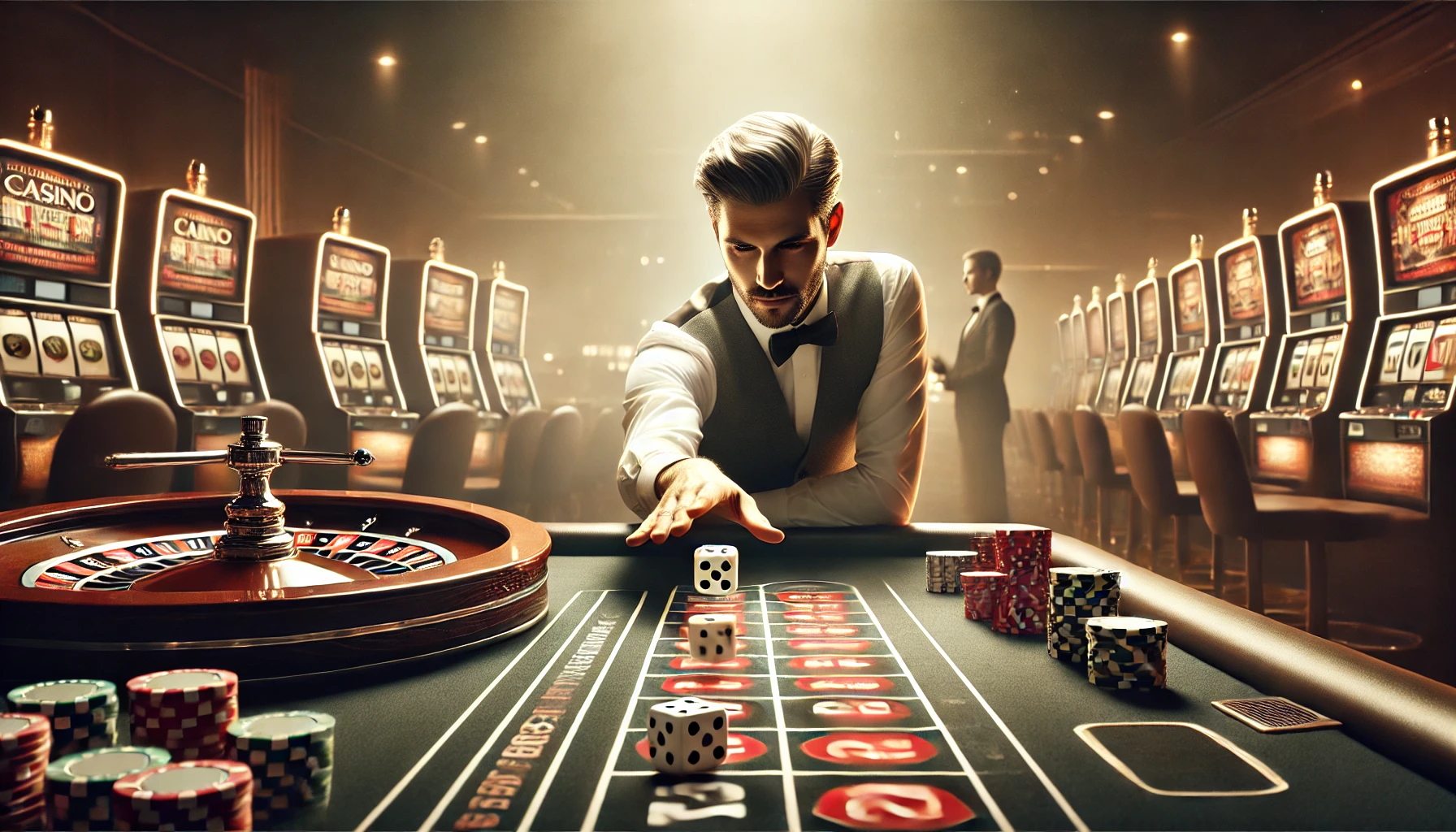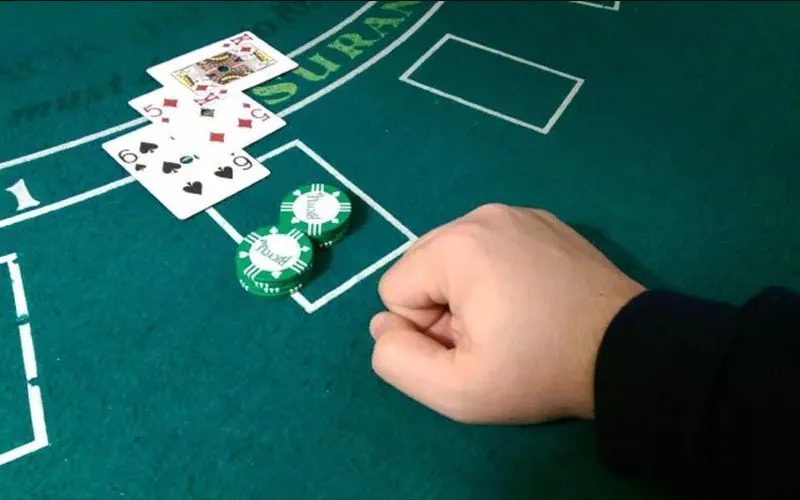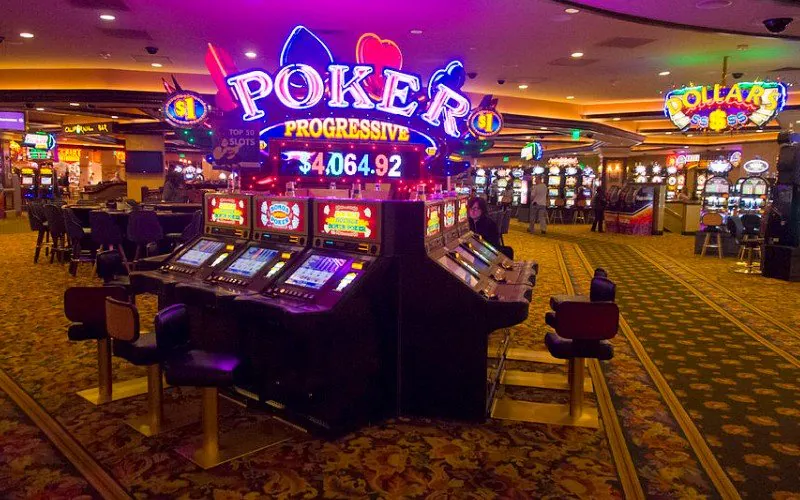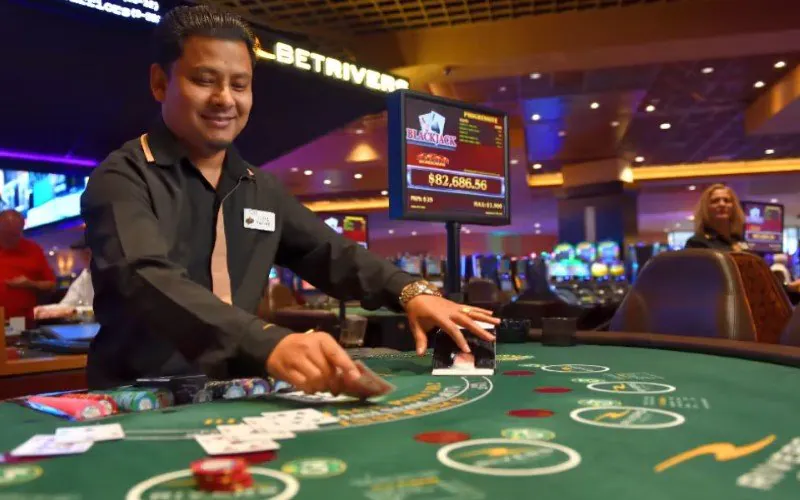Psychology
The illusion of control is one of the biggest gambler’s fallacies.
you’re free to definitely reduce the house edge with the proper strategy and decision making.
Players love games that they can get better at, especially if that translates to better winning opportunities.

Uncertainty is something that all of us process differently.
And these wins can produce great surges of joy and motivation.
When we take a risk and win, we are rewarded with ahit of dopamine.

This is the winner’s high, and a feeling all casino gamers are familiar with.
We feel this rewardeven more in skill-based games.
However, you will also feel an amplified emotional response after a loss.

Losing can invoke a sense ofgambler’s remorse, to varying extents.
For example, if you hit on 15 in blackjack, drawing 10 and going bust.
In some cases, if you use one of these strategies, you may even lose.

Invideo poker strategies, players must pursue bigger payouts, even if they already have a winning hand.
Let’s say you have an open ended straight flush, with one pair in your initial draw.
Discard the paired card, and keep the 4 that can make the straight flush.

Other, more critical dangers, are thecognitive biasesthat can warp the way we understand the odds.
Sure, thegaming oddsstate that you draw Jacks or Better just over 20% of the time.
But that is in an ideal world, where the real draws perfectly align the mathematical odds.

In that world, your chances of drawing a Royal Flush are 1 in 650,000 hands.
Winning or losing streaks are just a statistical anomaly or coincidence.
The mathematics imply that they are not likely to happen, but that is no guarantee.

The bias kicks in when you read too much out of such an anomaly.
When losing consecutive hands, you may think, yes but the win should come soon.
It must, to keep the game balanced and not rigged against you.

Sadly, that is not the case.
The previous outcomes have no effect whatsoever on what happens in the next draw.
As for winning streaks, you should be cautious in not underestimating how lucky you got.

We mentioned this bias before, and now we can mention its name.
Confirmation bias is the fallacy of believing you will win because of a strategy or a tip.
Playing with a strategy enhances your chance of making a profit.

It doesnt mean you will win all the time.
There are cases in which the strategies will point to making a riskier decision.
This is to make bigger returns should you hit a rarer win.

you’re free to ignore the strategy in scenarios where you already have a smaller win.
But this raises the house’s edge.
At the beginning of our gaming sessions, we generally start with a positive outlook.

That may not necessarily mean we expect to win, but we are optimistic about our chances.
Im feeling optimistic and ready to take the risks needed to make a run at win.
Optimism biases can also lead to players buildingsuperstitions or gaming rituals.

For the most part, they are harmless.
Until it starts affecting your gaming.
Or cashing out 50x on astraight flushin Bonus Poker.

But you have to keep a level head.
We would recommend you to tick the following boxes before even opening a real money casino game.
Bankrolls are necessary to ensure that you might play for longer periods without going bust.

You dont necessarily need to use your allocated budget for a single gaming session.
But having the funds to sustain your session is a must.
Setting deposit limits gives you a solid foundation for creating your bankroll.

It rules out the possibility of overspending.
Reality checks are tools that you might use to measure how much time you spend gaming.
Fatigue can help build cognitive biases, or give you unrealistic expectations.
A good practice with these games is to give yourself a goal for each session.
Stick to the plan, and don’t alter your bankroll during your session.
Avoid trying to read patterns or build biases that distort the real odds.
Daniel has been writing about casinos and sports betting since 2021.